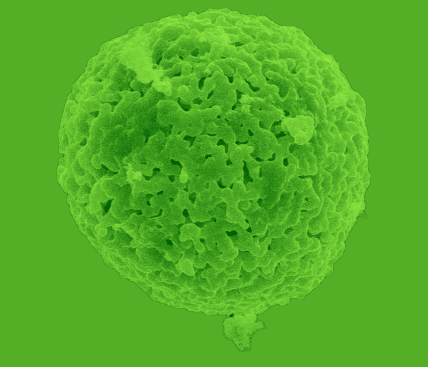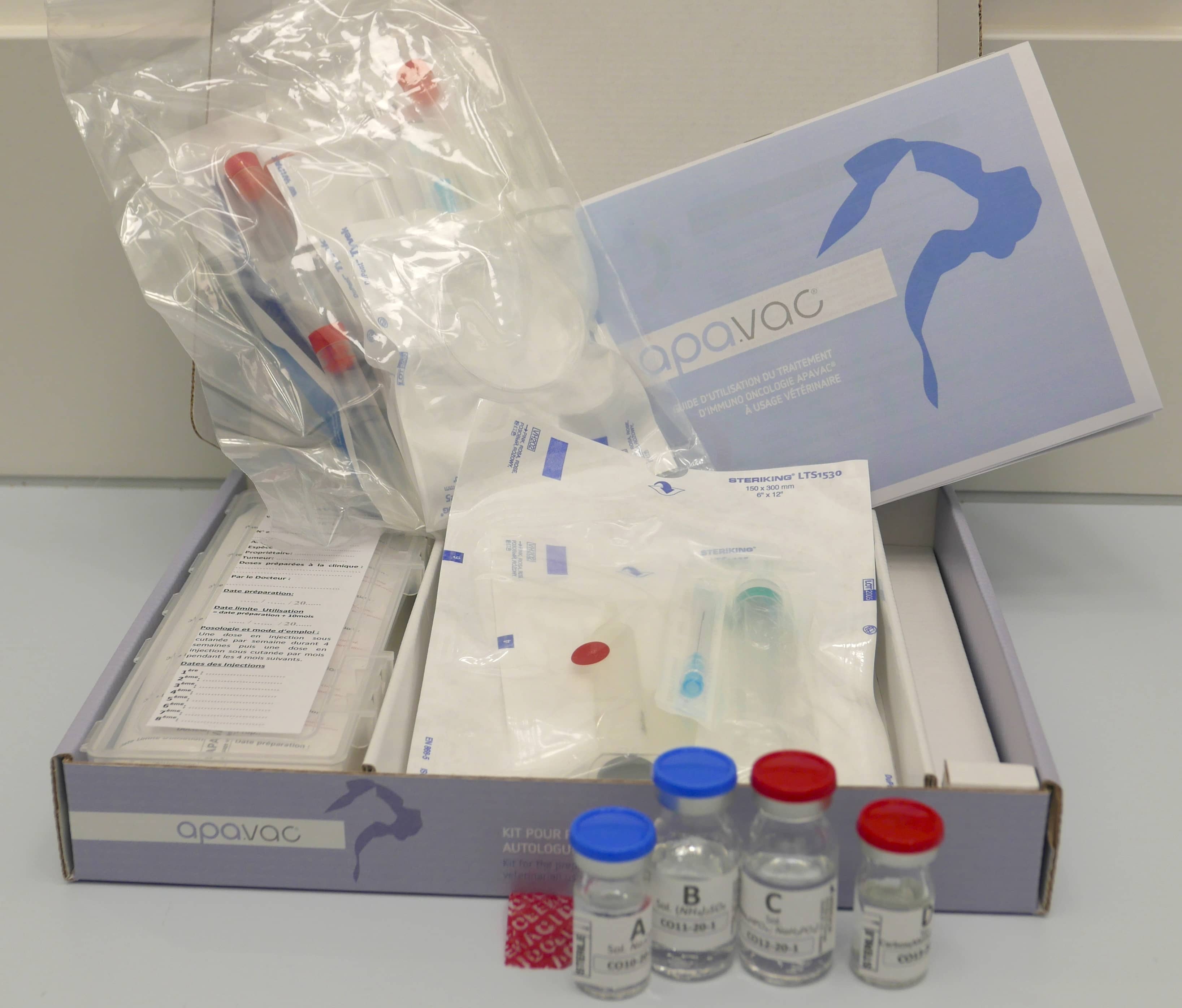a therapeutic strategy
in which APAVAC immunotherapy takes its place


A veterinarian's main objective is to propose a treatment plan adapted to the animal and its environment in the optimal respect of its quality of life.
Treatment options can be classified into 4 categories that can be combined for the duration of the treatment.
Oncological surgery corresponds to the first step, provided of course that the tumour is operable, that is to say accessible and localised.
Radiation therapy uses and directs radiation specifically at tumours to destroy cancer cells, sparing healthy tissues and surrounding organs. Radiation therapy can sometimes be used before surgery (pre-surgical radiotherapy) to prepare and facilitate the operation. It is more often used after surgery (adjuvant radiotherapy) with the aim of destroying the remaining cancer cells and reducing the risk of recurrence.
Chemotherapy is a so-called "cytostatic" drug treatment that depends on the type of cancer and its grade.
It is made in several sessions which are spaced at different frequencies. Animal monitoring is necessary to control the possible occurrence of side effects which may be digestive (vomiting and/or diarrhoea), haematological (alteration or destruction of blood cells), urinary, hepatic or cardiac.
Immunotherapy, unlike human health, is less developed in animal health, partly for economic reasons.
It can be either a non-specific treatment intended to modify the immune response (sometimes applied in the form of a cream for cutaneous or cutaneous-mucous use), or a specific treatment of the tumour which aims to reactivate the animal's immune system.
APAVAC immunotherapy is part of the latter category: it aims to customise your pet's treatment prescribed by your veterinarian, taking into account all the characteristics of its cancer. Indeed, the therapeutic vaccine is manufactured from the pet's own tumour cells.
Finally, veterinarians may decide on changing a pet's diet in addition to the his/her therapeutic strategy.